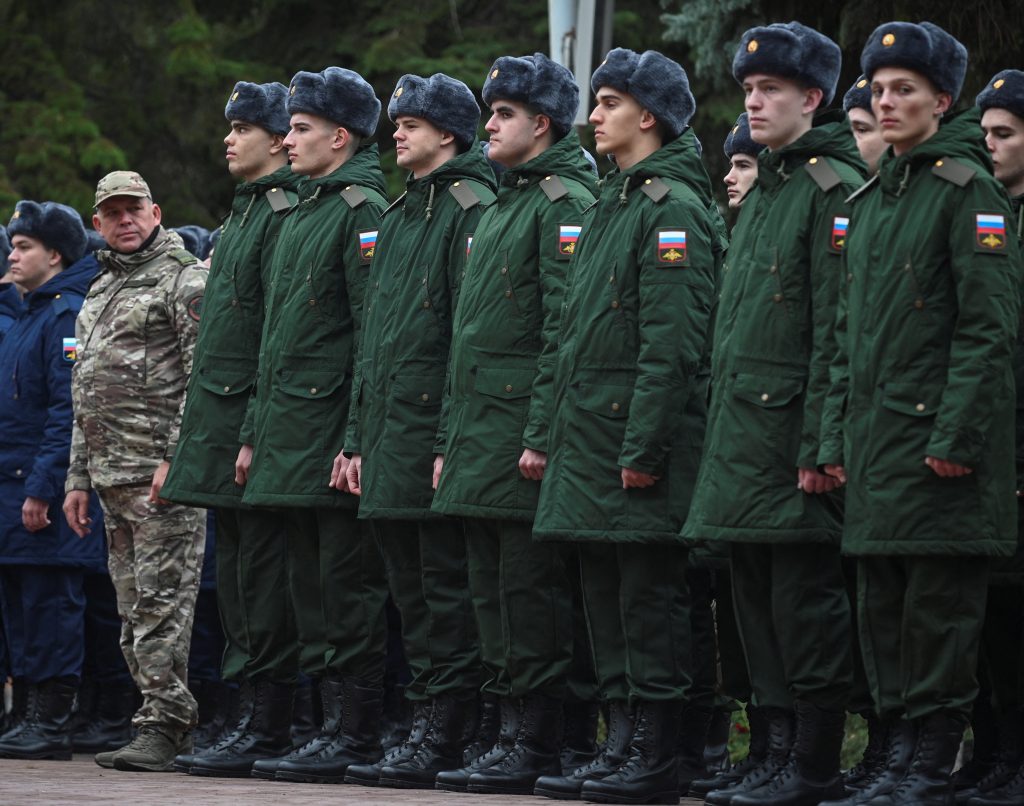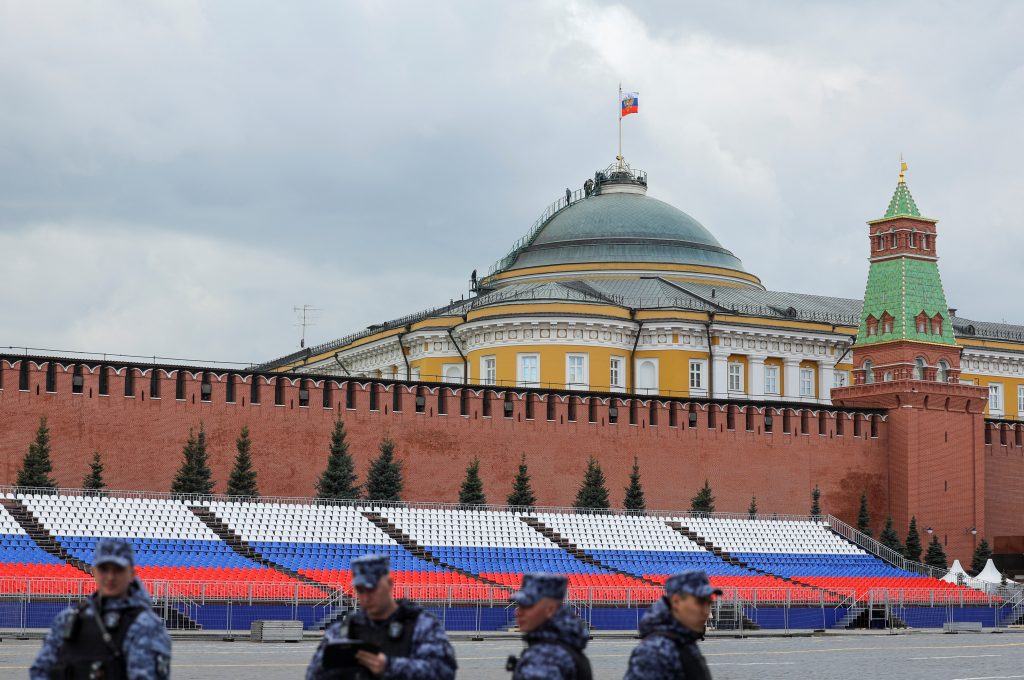Europe Prepares to Strengthen Sanctions on Russia Amid Potential Shift in U.S. Policy
As geopolitical uncertainties intensify, European diplomats are moving to reinforce sanctions against Russia in anticipation of a possible policy shift in the United States if former President Donald Trump returns to office.
With concerns that a new U.S. administration could soften its stance on isolating Moscow, European Union (EU) officials and diplomats are working to ensure sanctions remain robust and long-lasting, even if Washington’s position changes.
The EU’s discussions are focusing on creating a series of “catch-all” clauses and tighter regulations that will bolster sanctions enforcement. One proposed initiative involves broadening the authority of customs officials to intercept suspicious shipments heading toward Russia or nearby regions, particularly if their routes appear inconsistent with the intended destination.
This measure would allow customs to halt shipments when the intended destination seems improbable, such as goods passing through Russia to reach Central Asian countries. By implementing this “catch-all” approach, European officials hope to limit the flow of restricted goods that could otherwise circumvent current trade restrictions.
EU diplomats are also considering stricter enforcement on oil shipping, which has been a critical part of economic sanctions against Russia. These measures aim to cut off significant revenue streams for Moscow by intensifying oversight on oil shipments and limiting any potential rerouting of banned goods.

One of the most substantial sanctions currently in place is the freeze on Russian central bank assets held by Western financial institutions. This move has been critical in restricting Moscow’s access to significant foreign reserves, thereby limiting its ability to finance its activities. However, under current EU law, this freeze must be renewed every six months, which creates a recurring point of potential risk.
READ ALSO: Indonesia Sets Sights on Joining BRICS
To counter this, some EU member states are exploring ways to remove or extend this renewal requirement, making the freeze more durable and reducing the likelihood of it being lifted due to changing political tides. This approach would offer a more permanent barrier, making it harder for Russia to access its frozen funds, regardless of shifts in EU or U.S. political landscapes.
While the U.S. has been a primary enforcer of global sanctions against Russia, particularly in terms of its influence over global financial transactions, the EU recognizes the need to increase its autonomous enforcement capabilities.
This realization has sparked conversations among European policymakers about developing independent mechanisms to ensure sanctions remain in place and effective without relying solely on U.S. support.
Tom Keatinge, a sanctions expert at the Royal United Services Institute, notes that European policymakers have been quietly preparing “autonomous European sanctions considering the possibility of a Trump presidency.” Strengthening Europe’s enforcement capabilities would empower the EU to better oversee compliance across its member states and beyond, reducing its reliance on U.S. sanctions enforcement.
If Trump were to reenter office and soften Washington’s stance on Russia, Europe could face challenges in maintaining a united front against Moscow. A change in U.S. policy would leave Europe as the primary enforcer of sanctions, putting pressure on the EU to ensure its regulatory mechanisms are as effective and comprehensive as possible.
By preparing now, European leaders are taking proactive steps to reinforce sanctions and protect the EU’s position, regardless of political shifts in the United States. This forward-looking approach reflects Europe’s commitment to uphold its sanctions on Russia and ensure continuity in efforts to isolate Moscow diplomatically and economically.
With geopolitical tensions and domestic shifts on the horizon, Europe’s preparations highlight the significance of maintaining stability in sanctions policy. These efforts underscore Europe’s commitment to standing firm on its sanctions against Russia, promoting both long-term peace and accountability.
As the EU explores ways to bolster its sanctions and enforcement capabilities, it sends a clear message about Europe’s resolve to uphold a strong stance on Russia’s actions, regardless of the evolving dynamics across the Atlantic.
READ ALSO: World Bank Unveils Bold Strategy to Expand Economic Opportunities for Women Globally

As Europe braces for potential shifts in U.S. sanctions policy if Donald Trump returns to office, European diplomats are preparing stronger, more autonomous sanctions on Russia. The EU is exploring long-term measures like replacing the six-month renewal of frozen Russian central bank assets with a 36-month interval, alongside stricter controls on goods potentially misrouted to Russia.
In anticipation of a 15th sanctions package, talks are underway to add more ships to the sanctions list, restrict LNG imports from Russia, and expand the “No Russia clause,” which would block EU-based subsidiaries in third countries from exporting sensitive goods to Russia.
European leaders, concerned about a possible reversal similar to the 2018 U.S. withdrawal from the Iran nuclear deal, seek to maintain pressure on Moscow independently. This drive is motivated by worries that Washington’s stance on Ukraine may soften, underscoring Europe’s commitment to enforcing sanctions on Russia even if U.S. priorities shift.

